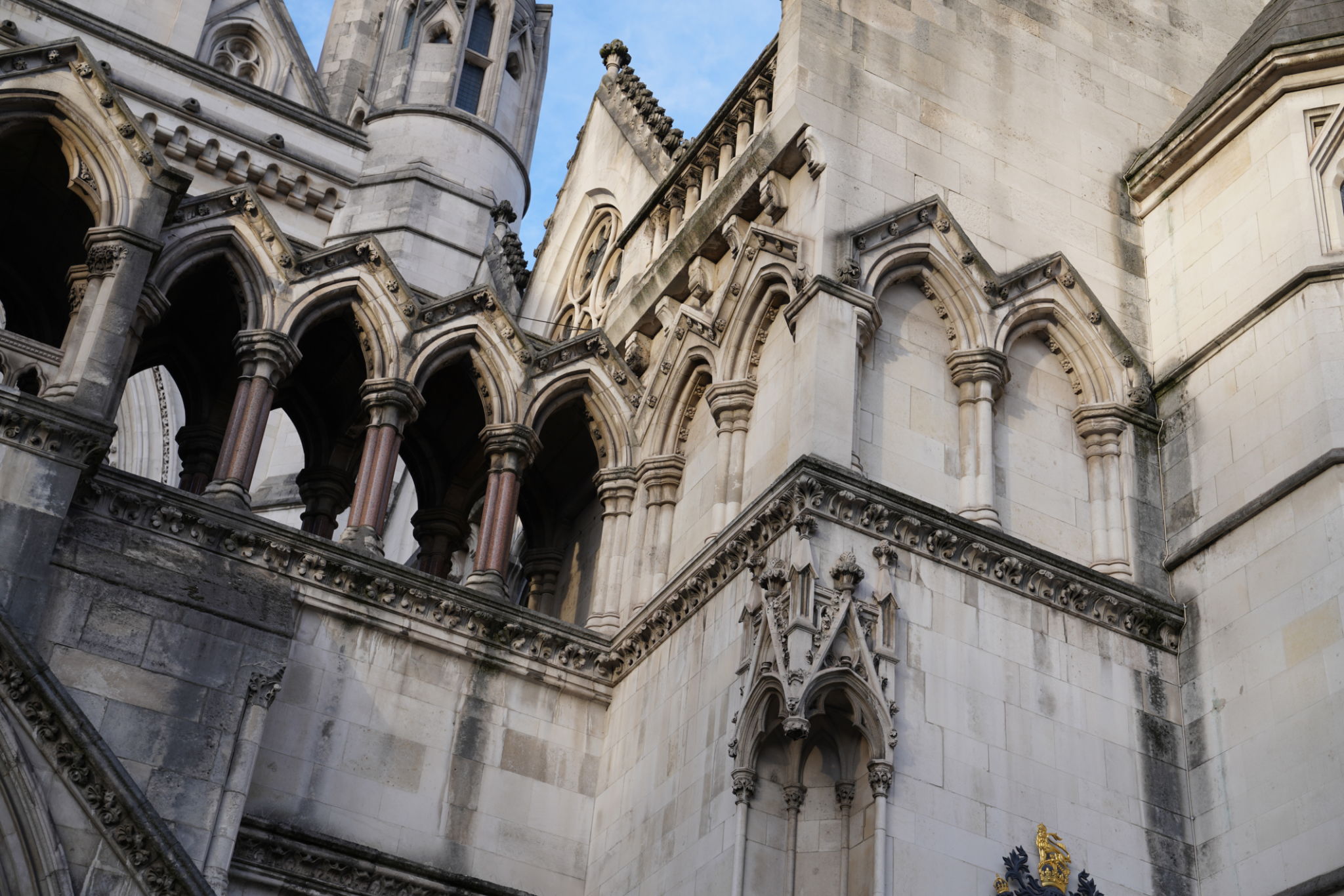The Strategic Advantage of Choosing Trial Over Settlement in High-Stakes Cases
Understanding the Dynamics of High-Stakes Litigation
In the realm of high-stakes litigation, decision-makers often face the complex choice between pursuing a trial or opting for a settlement. Both approaches have their merits, but understanding the potential strategic advantages of choosing a trial can significantly impact the outcome of a case. While settlements may offer a quicker resolution, trials can provide a platform for achieving more favorable results under certain circumstances.

Why Trials Can Be More Advantageous
Trials offer the opportunity to present a comprehensive narrative to a judge or jury. By allowing each party to lay out their case fully, trials can result in a judgment that aligns more closely with the facts and evidence presented. For some litigants, this can be crucial, especially when they believe their position is stronger than what a settlement might reflect.
Additionally, trials offer a level of transparency that settlements do not. The trial process is public, which means that all proceedings are part of the public record. This transparency can be beneficial for parties seeking to clear their name or establish legal precedence that could influence future cases.
The Role of Legal Precedents
One significant strategic advantage of going to trial is the potential to set legal precedents. When courts make decisions on novel legal issues, these rulings can serve as benchmarks for future cases. This is particularly advantageous for businesses or individuals involved in industries where legal standards are still evolving.

Moreover, by choosing trial over settlement, parties may influence the development of industry regulations. A favorable court ruling can encourage regulatory changes or affirmations that align with their business interests, providing long-term benefits beyond the immediate case.
Financial Considerations and Risks
While trials can be costly, they may offer higher financial rewards compared to settlements. A well-argued case could lead to substantial damages or compensation, especially in cases involving significant financial loss or breach of contract. It is essential to weigh these potential rewards against the costs and risks involved.
- Higher potential financial compensation
- The possibility of recovering legal fees
- Long-term strategic advantages
Conclusion: Weighing Your Options
Ultimately, the decision to choose trial over settlement in high-stakes cases should be based on a careful analysis of both legal and strategic factors. While settlements provide certainty and reduce litigation risks, trials can offer substantial advantages in terms of financial outcomes, legal precedents, and public perception.

For parties considering this path, it is vital to consult with experienced legal counsel to assess the unique circumstances of their case. By understanding the strategic advantages that trials can offer, litigants can make informed decisions that align with their broader objectives and long-term interests.